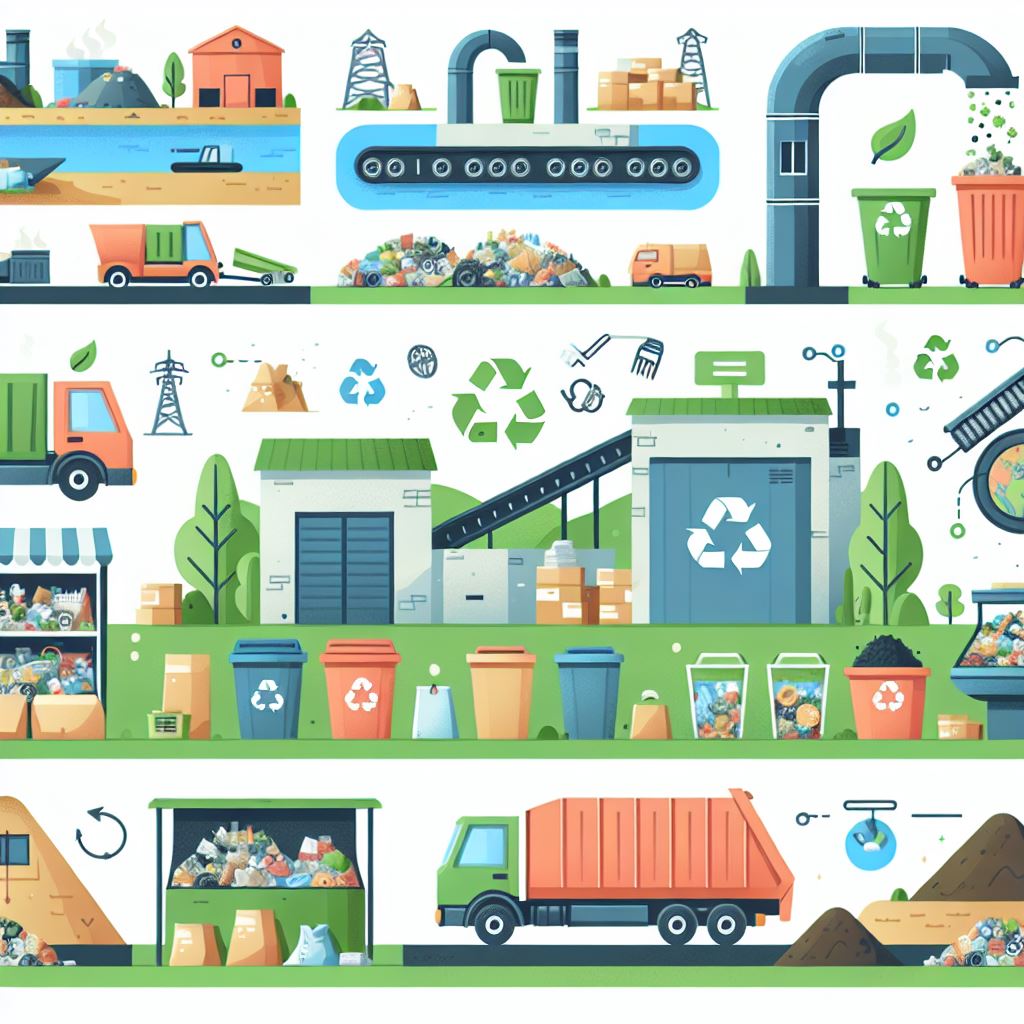The 9-Minute Rule for Reclaim Waste
The 9-Minute Rule for Reclaim Waste
Blog Article
The Best Strategy To Use For Reclaim Waste
Table of ContentsThe Only Guide for Reclaim WasteReclaim Waste for BeginnersSome Of Reclaim WasteThe Main Principles Of Reclaim Waste Reclaim Waste Can Be Fun For Everyone5 Simple Techniques For Reclaim Waste
With proper fluid waste monitoring, business can lower energy-intensive treatment procedures and disposal expenses. By adhering to a system for handling fluid waste, firms can avoid costly fines and charges and stay clear of negative attention.Remain in advance of guidelines and preserve a secure work environment with a digitized compliance tool. Identifying fluid waste is essential for reliable storage space, treatment, and disposal. Environmental, Wellness, and Safety And Security (EHS) teams, waste monitoring officers, and compliance managers can deal with these wastes safely and efficiently when they recognize the fundamentals: Created from homes, this kind of fluid waste comes from commodes, sinks, showers, and cleaning devices.
(https://sandbox.zenodo.org/records/162406)Gather representative examples from different factors within the waste stream to make certain precision. Conduct routine testing to track any adjustments in the structure. Preserve comprehensive records of characterization for future recommendation and conformity objectives. Liquid waste, particularly harmful ones, presents considerable risks during this step. Correct procedures lessen spills, leaks, and various other crashes that can harm the employees and the public.
The 3-Minute Rule for Reclaim Waste
Store waste in secure and leak-proof containers to prevent spills during collection. Tag the containers appropriately, consisting of the kind of waste, potential risks, and dealing with directions.
is needed when the effluent will be recycled or released right into local pools. Disinfection (e.g., chlorination, ultraviolet light, ozonation) and nutrient removal (e.g., denitrification and phosphorus obliteration) are advised under strict policies. This phase at the same time is strictly controlled due to the fact that it is when most threats happen. Many firms breached a number of fluid garbage disposal laws in recent times.
After picking the very best sort of treatment approach for fluid waste, business should locate methods to deal with this properly. Below are some reliable techniques of fluid waste administration: get most treated fluid waste that meets discharge criteria. describes utilizing treated wastewater in agricultural lands for irrigation as long as the effluent satisfies sanitary levels per policies.
How Reclaim Waste can Save You Time, Stress, and Money.
are utilized by industries that create big volumes of low-toxicity fluid waste. Superficial containers include fluid waste that is permitted to vaporize via natural processes. The residue left can be disposed of in garbage dumps. includes melting liquid waste at heats and transforming it into gas and ash - industrial wastewater treatment. This kind of disposal goes through strict environmental guidelines as a result of possibly hazardous discharges.
The findings need to be documented, analyzed, and saved not simply for submission to regulatory authorities but additionally for making enhancements in the future. Share info with pertinent stakeholders (e.g., workers, regulatory federal government firms, and close-by areas) to preserve transparency and liability.
Not known Incorrect Statements About Reclaim Waste
No matter the business size or industry, there are numerous difficulties related to this task. Understanding these can help them successfully handle their operations and lessen their environmental impact. makes it difficult to treat and take care of liquid waste safely. Firms that can not invest in centers need to take into consideration working together with the general public market for far better solutions.
Liquid waste refers to any kind of material in a fluid state that is excess, unwanted, or disposed of. One significant obstacle for business is the absence of proper storage centers for fluid waste. Partnering with fluid waste solutions will greatly minimize this challenge Criterion avoid bins and other containers that are usually utilized for strong waste are frequently not enough for the special requirements of managing liquid materials.
Our Reclaim Waste PDFs
This blog site delves right into the qualities of fluid waste, going over just index how spills and contamination occurrences can be handled properly. It also checks out the steps business can require to prevent future leakages and what to do when spills inevitably occur. Liquid waste consists of any kind of undesirable or surplus product that exists in a fluid type and is set for disposal.
This kind of waste occurs when a product is no longer needed, a lot like any type of various other form of trash. It is critical to involve experienced fluid waste monitoring experts when delivering or disposing of liquid waste.

Reclaim Waste Fundamentals Explained
The Epa states the "material should travel through a 0.45-micron filter at a pressure differential of 75 psi" in order to be specified as a liquid. What is essential to keep in mind right here is that the more strong a thing is, the much less most likely it is to be liquid. It's possible to set apart in between two kinds of fluid waste: organic and not natural. Both have their differences.
Oil spills can lead to soil contamination and other ecological catastrophes. Both businesses and individuals can substantially take advantage of understanding correct garbage disposal procedures through 9 best techniques in waste administration. These approaches are straightened with the well established waste pecking order. Waste avoidance is the most effective technique for taking care of resources and lowering environmental influence.

Report this page